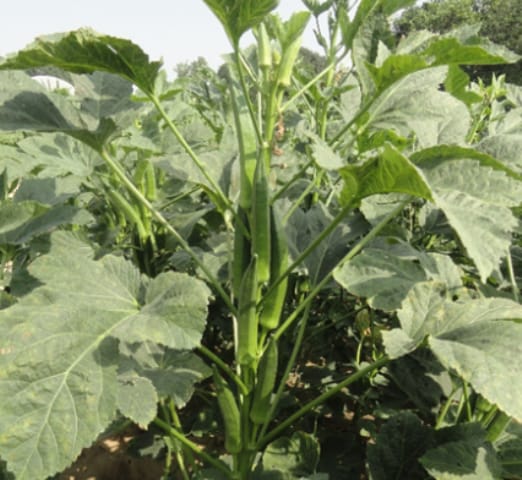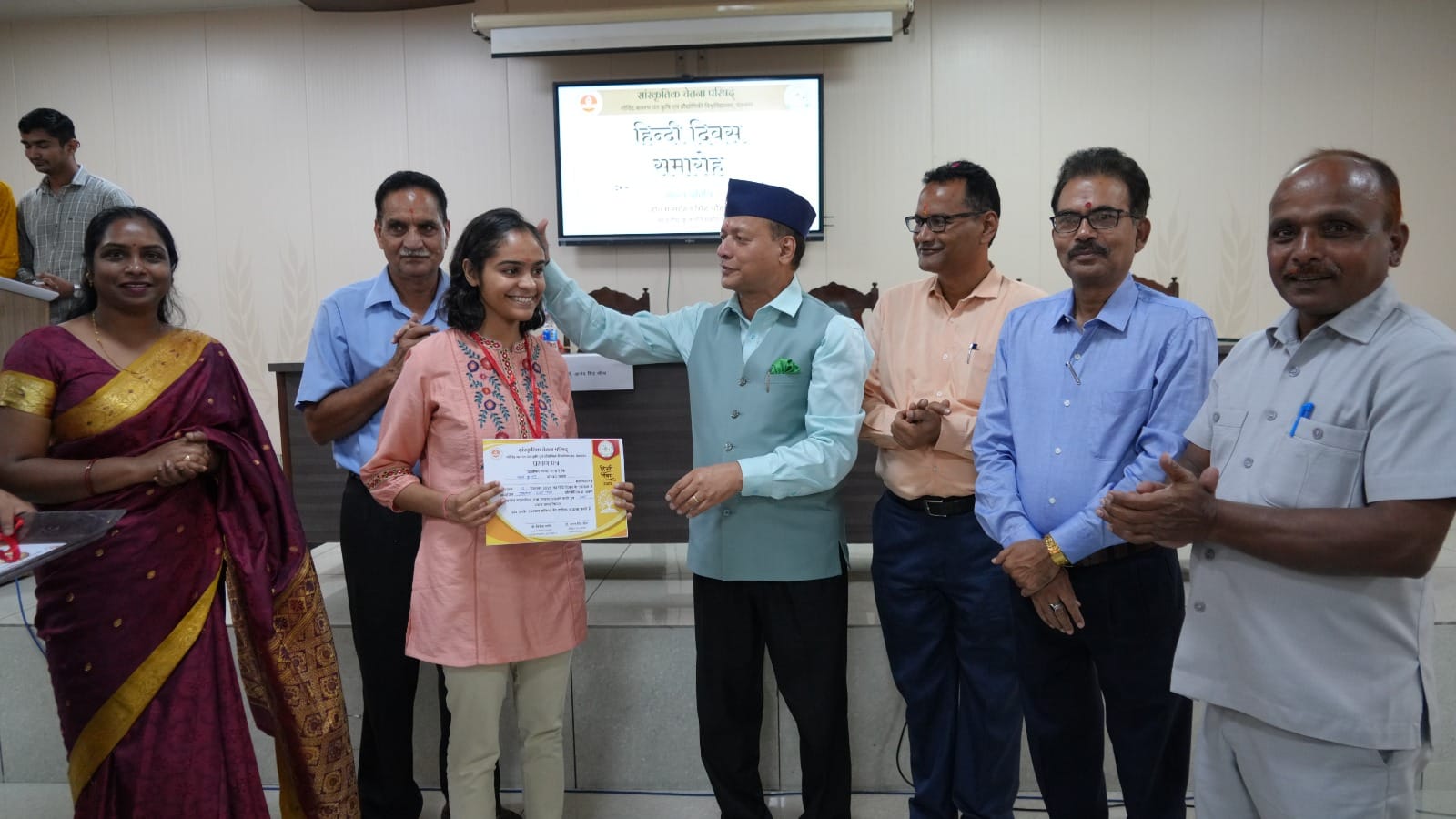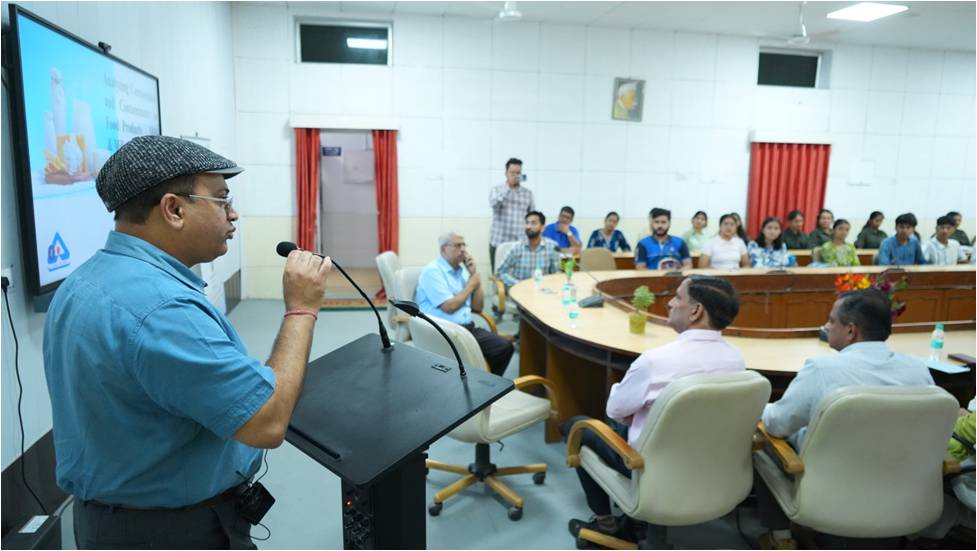Himalaya Harbinger, Rudrapur Bureau.
The Krishi Vigyan Kendra (KVK) in Kashipur of district Udham Singh Nagar is preparing seeds of a new ladyfinger variety called Pusa Bhindi-5, which is expected to boost the income of farmers across nine districts of Uttarakhand. Farmers have reported earning profits of up to Rs 20,000 per bigha from the high-yielding variety, which is resistant to yellow vein mosaic virus—a major disease affecting other ladyfinger varieties.
The Pusa Bhindi-5 variety was developed through research by the Vegetable Science Department of the Indian Agricultural Research Institute (IARI), New Delhi. KVK Kashipur acquired breeder seeds from the institute and conducted field trials with 20 farmers in Banskheri village this year. The trials demonstrated a high yield, and participating farmers reported a significant increase in profits.
“After successful testing in Kashipur, we are now preparing seeds in larger quantities for distribution across Uttarakhand,” said KVK scientist Anil Chandra. “The seeds will be supplied to remaining parts of Udham Singh Nagar and Haridwar, Dehradun, Champawat, Pithoragarh, Almora, Chamoli, Rudraprayag, and Nainital districts.”
KVK Kashipur is currently cultivating seeds on one acre of land. By December, the seeds will be ready for processing and packaging, and by January, they will be distributed to various KVK centers across the state. Farmers in these districts will be able to purchase the seeds starting in February and March, either from their local centers or at the Pantnagar Kisan Mela, where KVK will set up stalls.
“The price of one kilo of seeds is around Rs 400, which is sufficient to sow one bigha of land. The cost of preparing one bigha of land ranges from Rs 3,000 to 4,000, while the expected profit per bigha is approximately Rs 20,000,” added Chandra.
Notably, India ranks first globally in terms of ladyfinger cultivation and production. The vegetable is rich in vitamins, potassium, and calcium and holds significance in Ayurveda.









